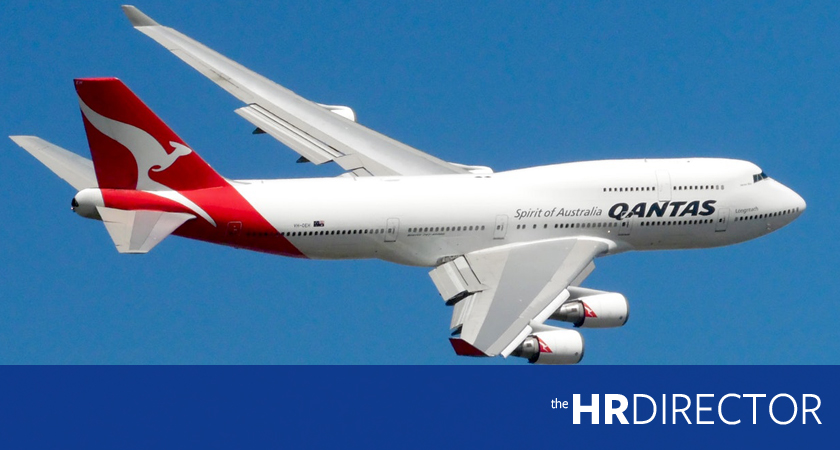Qantas Airways is the flag-carrier of Australia and its largest airline by fleet size, international flights and international destinations. It is the third oldest airline in the world after KLM and Avianca. Having been founded in November 1920, it began international passenger flights in May 1935. Contributor Paul Aldrich and Andrew Pullman authors – Building an Outstanding Workforce
In 2018 Qantas numbered over 30,000 employees and flew more that 55 million passengers across the globe. Qantas Airways operates in a dynamic and highly competitive industry. Leaders are spread between on-board and on-the-ground locations, and their role is to execute change and corporate strategy that is critical to the success of the business.
Having already rolled out a global leader talent programme for on-board managers, it was decided to rebrand and expand this programme across Qantas International Division in 2017. Objective included:
Providing career development for high-performing individuals;
Demonstrating that their input was valued;
Using common goals and mutual understanding to connect this diverse group;
Creating a path for participants to be able to cross over to Qantas Corporate.
Solutions
The new programme was designed to be challenge, pragmatic and transformational over a five-month period and was branded Accelerate. Key features included:
Personal and people leadership were a priority, and included senior managers sharing their own personal career journeys.
Cadres were cross-functional, including on-board and ground managers.
There was a two-day launch that focused on collaboration and bonding within each grouping
Participants were given a virtual 12-week project to complete; they were provided with coaches and a sponsor to assist, and ended with a team presentation to a senior executive.
Learning points
The first 60 participants came from Australia, Europe and Asia. Feedback was very positive, and it is planned to rollout annually.
Ninety per cent of managers fed back that the programme increased their knowledge and was particularly relevant for their development needs. One quote was that the training was, ‘Engaging, challenging and enlightening. A fantastic opportunity.’
A popular learning point was the value of the syndicate projects, which brought a different perspective to some known challenges within the business. One example was the Qantas Service Promise, which ended up being improved with interactive learning and creating an end-to-end customer experience.
This extract from Building an Outstanding Workforce by Paul Aldrich and Andrew Pullman is ©2020 and reproduced with permission from Kogan Page Ltd.









